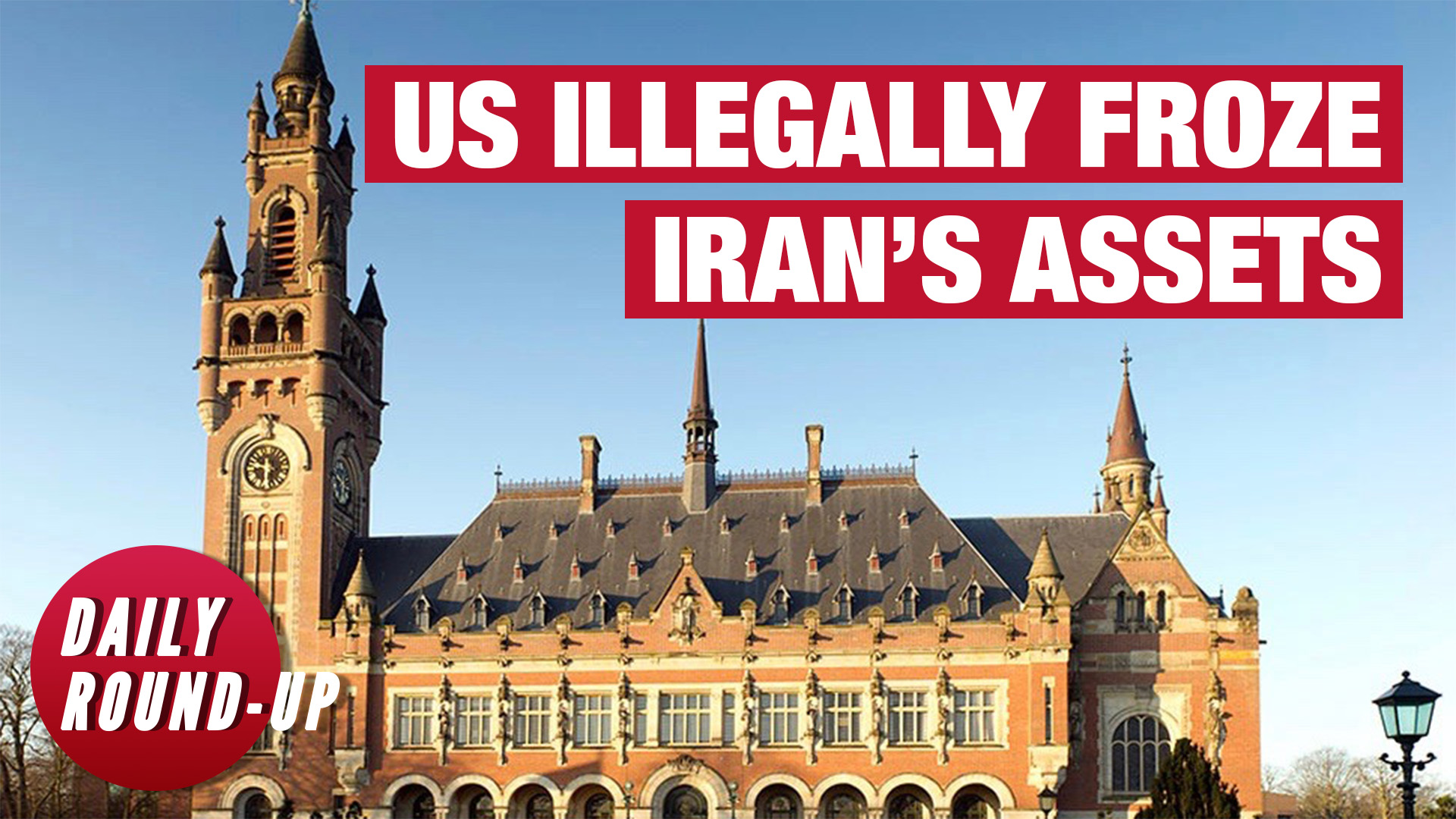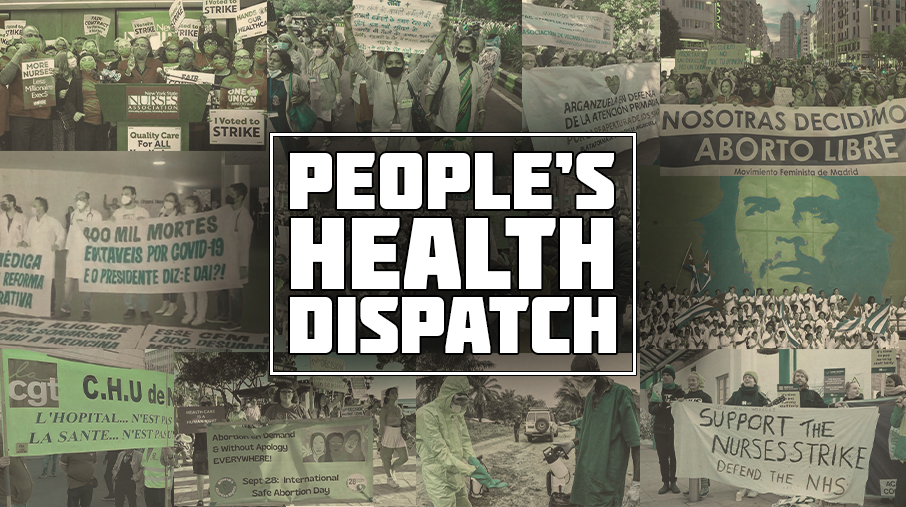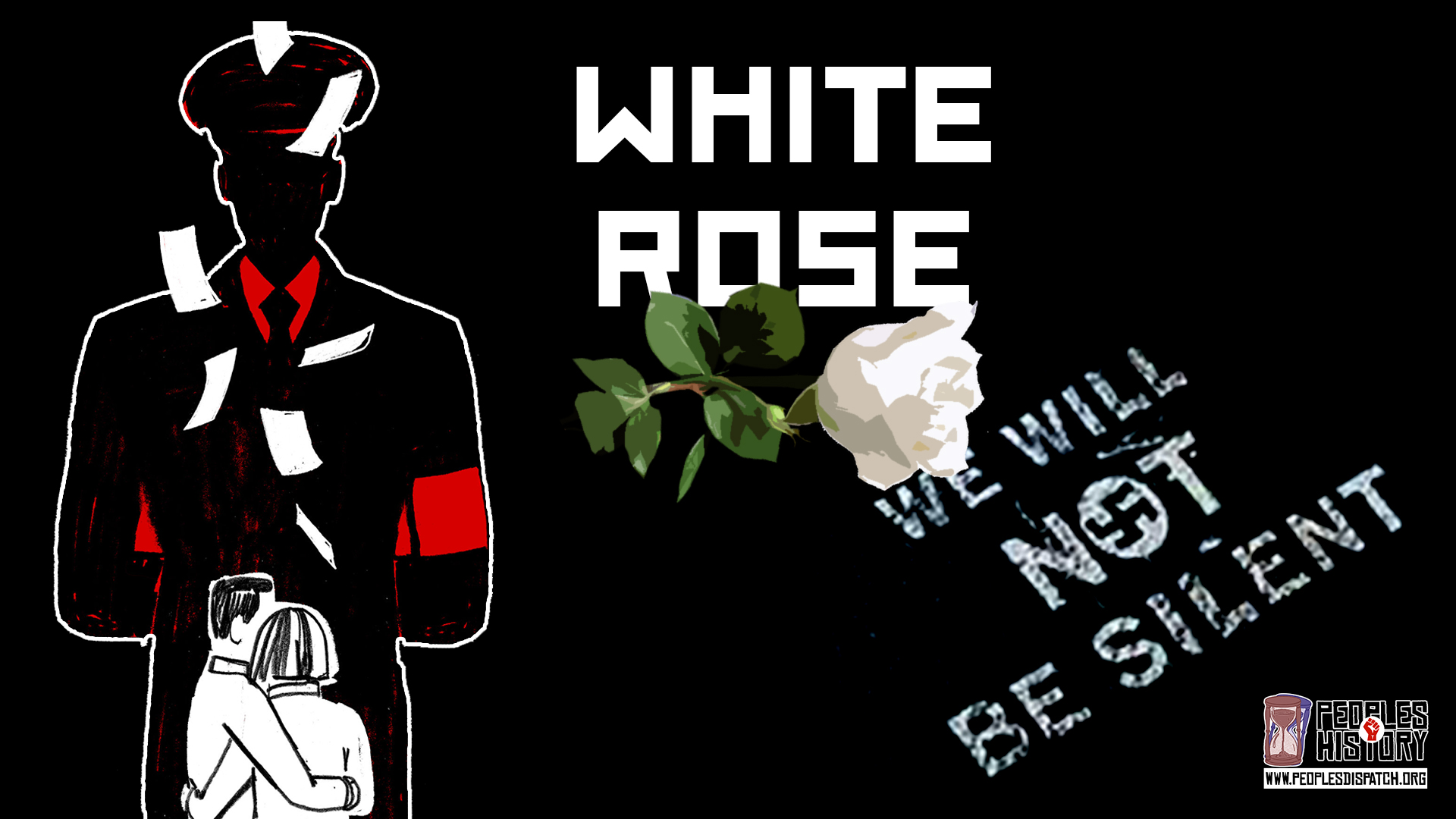 Working class slams the ‘anti-worker’ budget in the UK
Working class slams the ‘anti-worker’ budget in the UK
For more than a year, workers across the UK have been demanding an increase in wages to combat the cost of living crisis
 Workers protest anti-strike law proposed by UK government
Workers protest anti-strike law proposed by UK government
The Tory government has introduced a controversial bill in the UK Parliament that would enable the state and employers to force workers to ensure minimum service during trade union strikes across 8 key sectors
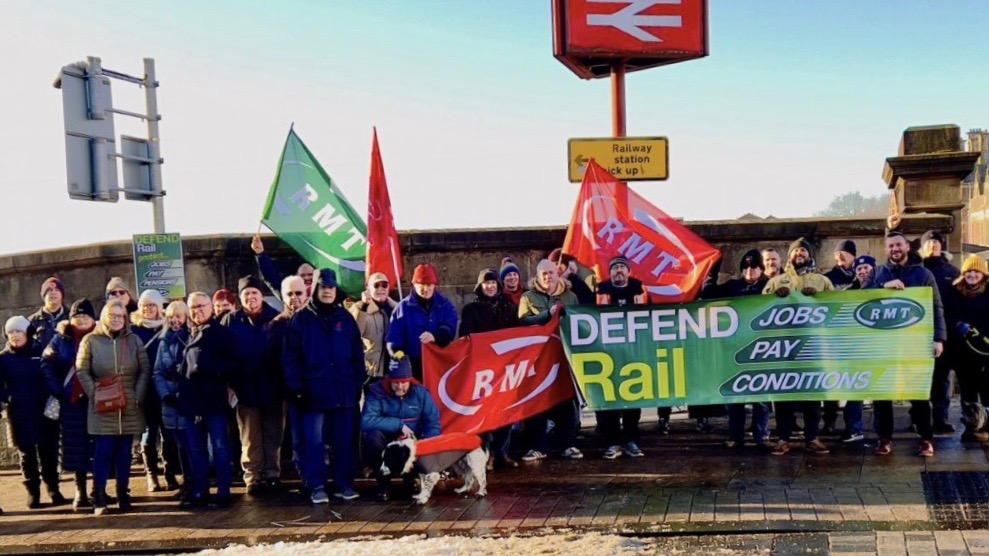 Rail workers across the UK begin massive strike action protesting substandard pay offer
Rail workers across the UK begin massive strike action protesting substandard pay offer
The National Union of Rail, Maritime, and Transport Workers (RMT) has been at the forefront of the protests against the austerity-driven policies of the Tory government in the UK and the fight against the ongoing cost of living crisis
 Militant trade unionism makes a comeback in the UK
Militant trade unionism makes a comeback in the UK
The Durham miners’ gala showcases the heritage of coal mining in the city and the rich working class traditions of militancy and trade unionism
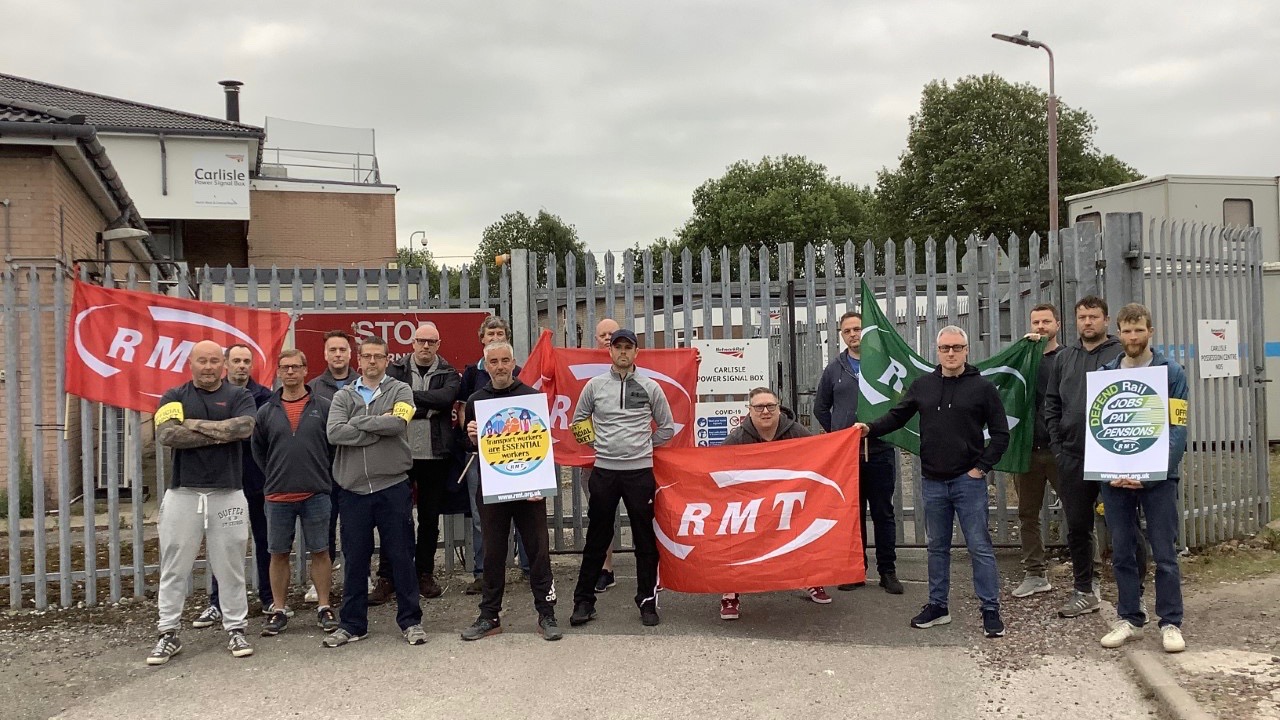 British rail workers lead fight against cost of living crisis and anti-worker policies
British rail workers lead fight against cost of living crisis and anti-worker policies
Rail workers across the UK are unhappy with the rail authorities’ insensitivity towards their demand for an increase in wages, as well as plans to implement austerity measures that will lead to forced redundancies
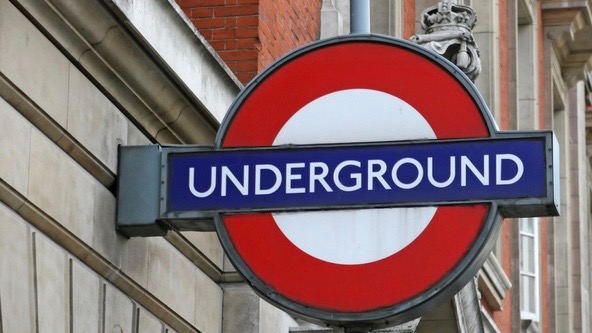 London Tube workers continue protests against mass layoffs
London Tube workers continue protests against mass layoffs
Transport for London has decided to make cuts worth millions in the transport sector in London, including in the underground rail network (Tube) where it has decided to cut 600 jobs
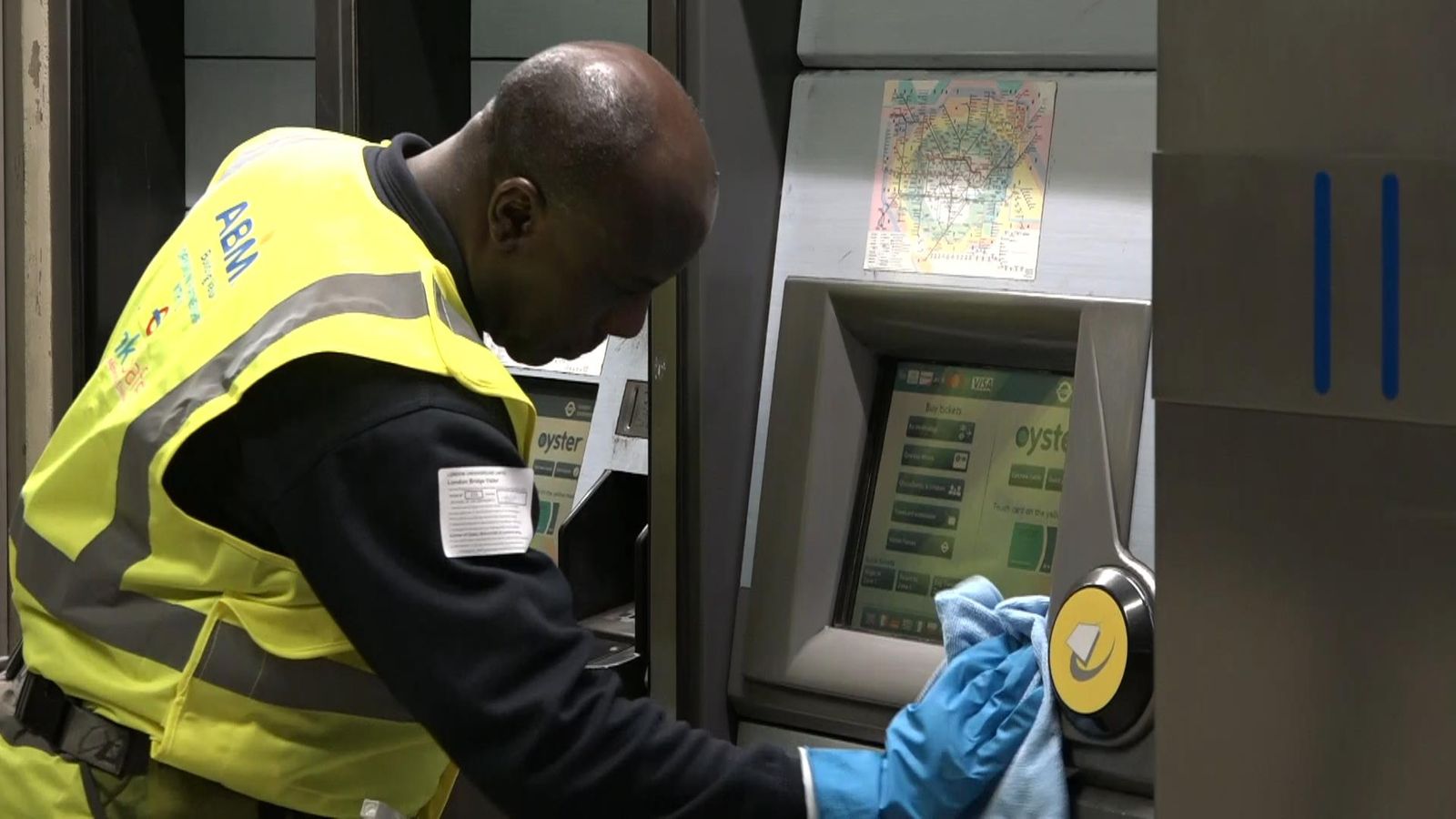 UK transport union demands justice for London metro sanitation staff
UK transport union demands justice for London metro sanitation staff
The transport workers’ union RMT has called on the city government to guarantee dignified rights and conditions of sanitation staff of the public transportation system
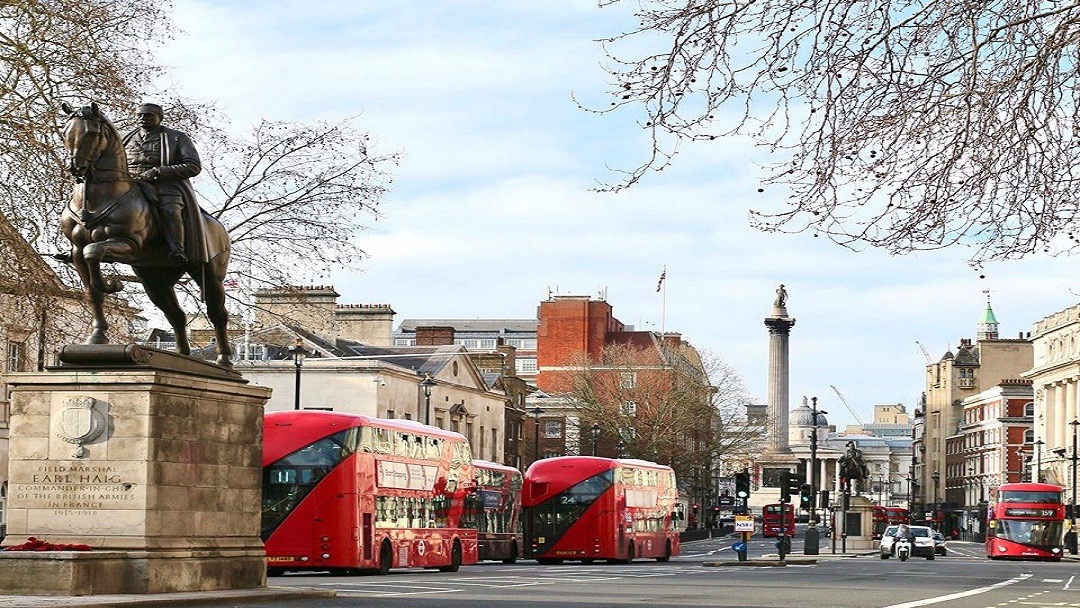 Unions demand enhanced safety measures for transport workers in London
Unions demand enhanced safety measures for transport workers in London
Trade unions including Unite the Union, National Union of Rail, Maritime and Transport Workers (RMT), among others, have raised concerns about the rising number of deaths of transport workers due to COVID-19. 14 transport workers have died in London alone as of April 8
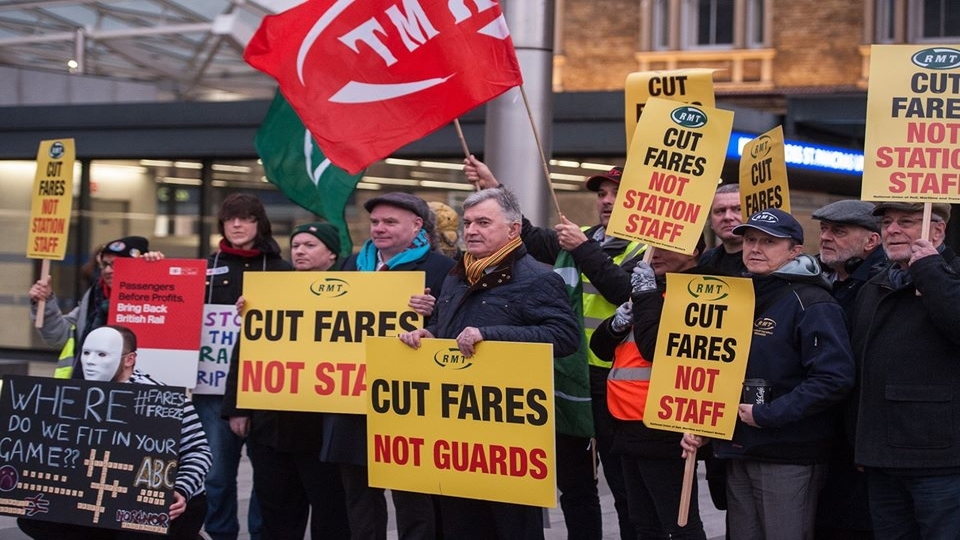 ‘New year shock’ continues for UK rail commuters and workers
‘New year shock’ continues for UK rail commuters and workers
British commuters and rail workers have protested the hike in rail fares as well as the government’s inaction on guaranteeing job security for railway guards
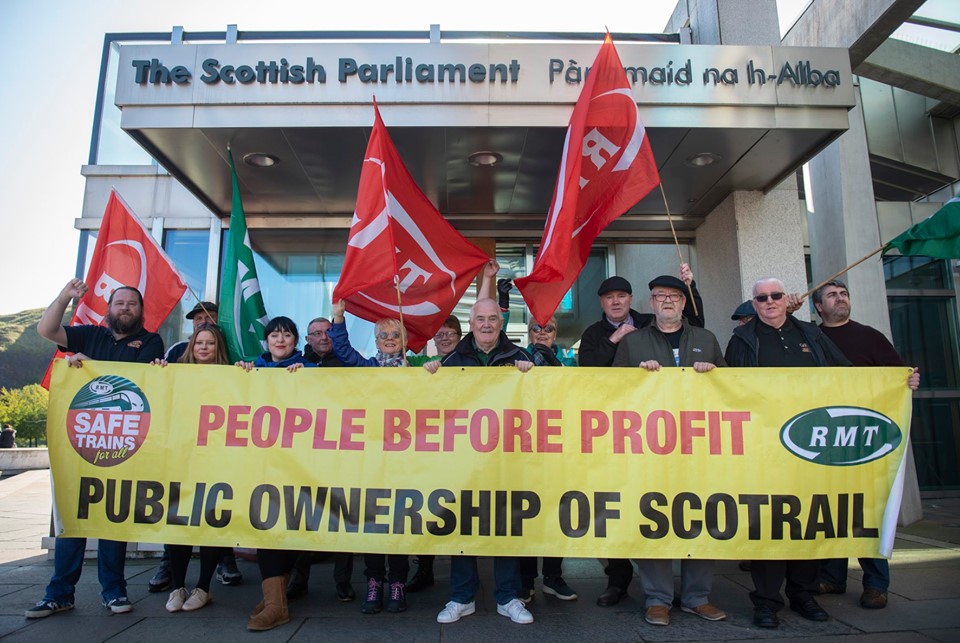 Transport unions demand nationalization of Scottish Railways
Transport unions demand nationalization of Scottish Railways
On October 2, Labour Party’s motion to nationalize the ScotRail by 2022 was voted down in the Scottish parliament by the Scottish Nationalist Party and the Tories
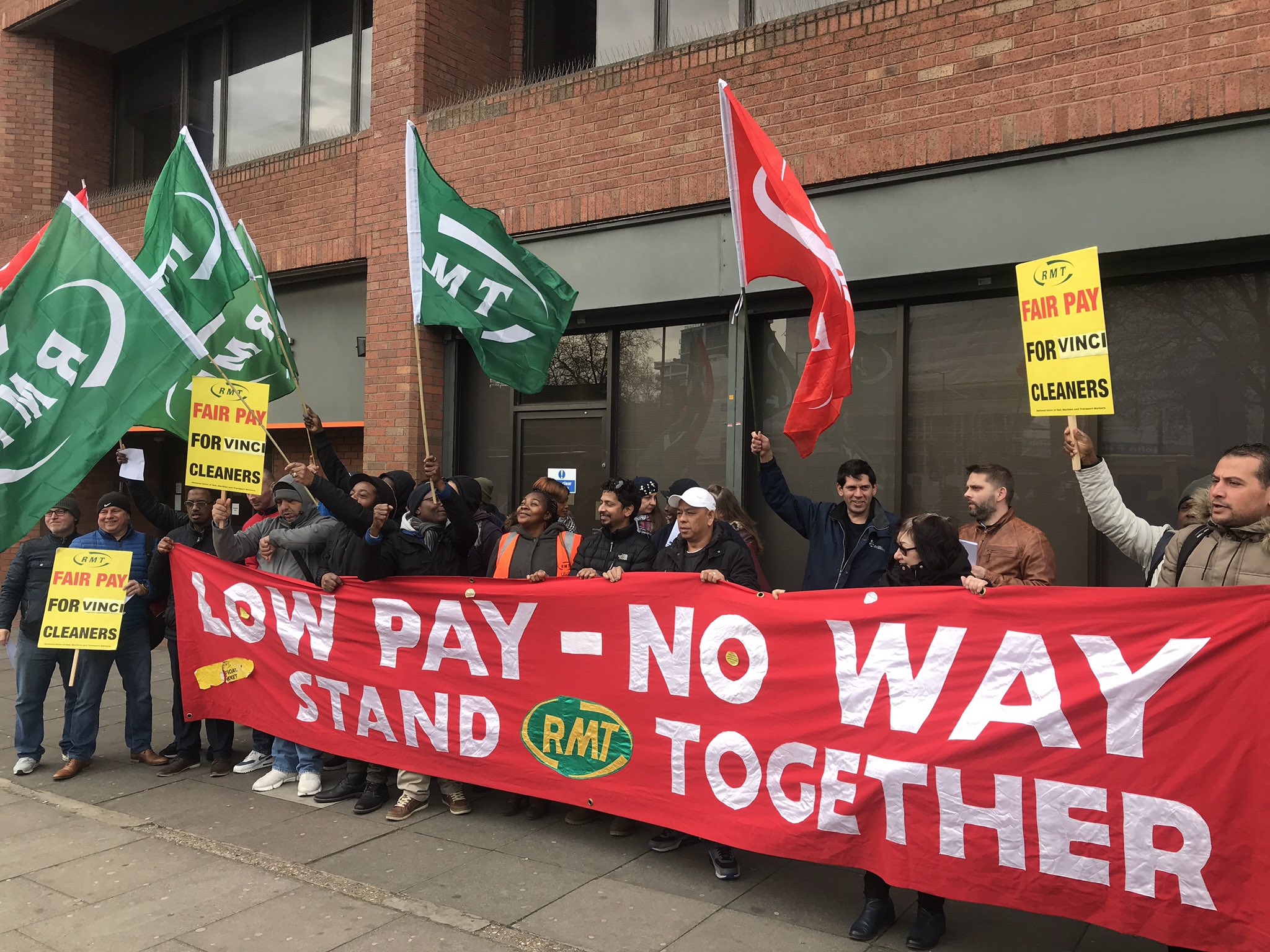 “Low pay? No way!”: London Overground workers go on strike for decent pay
“Low pay? No way!”: London Overground workers go on strike for decent pay
Workers at the London Overground went on a 48-hour strike, protesting the existing working conditions and low wages


